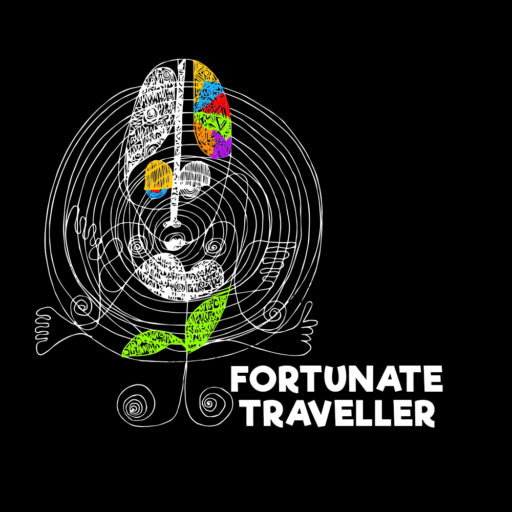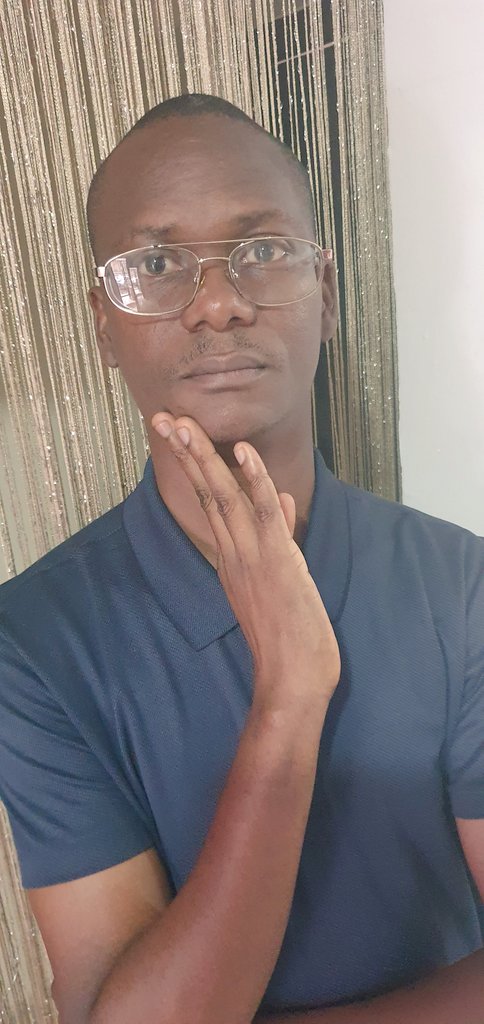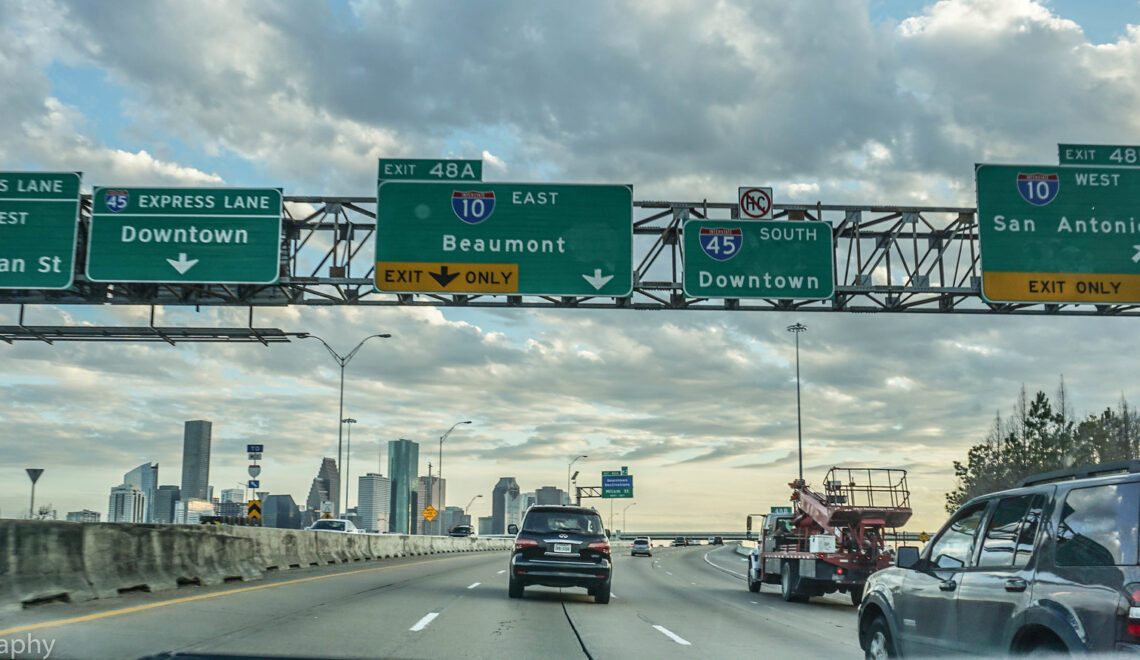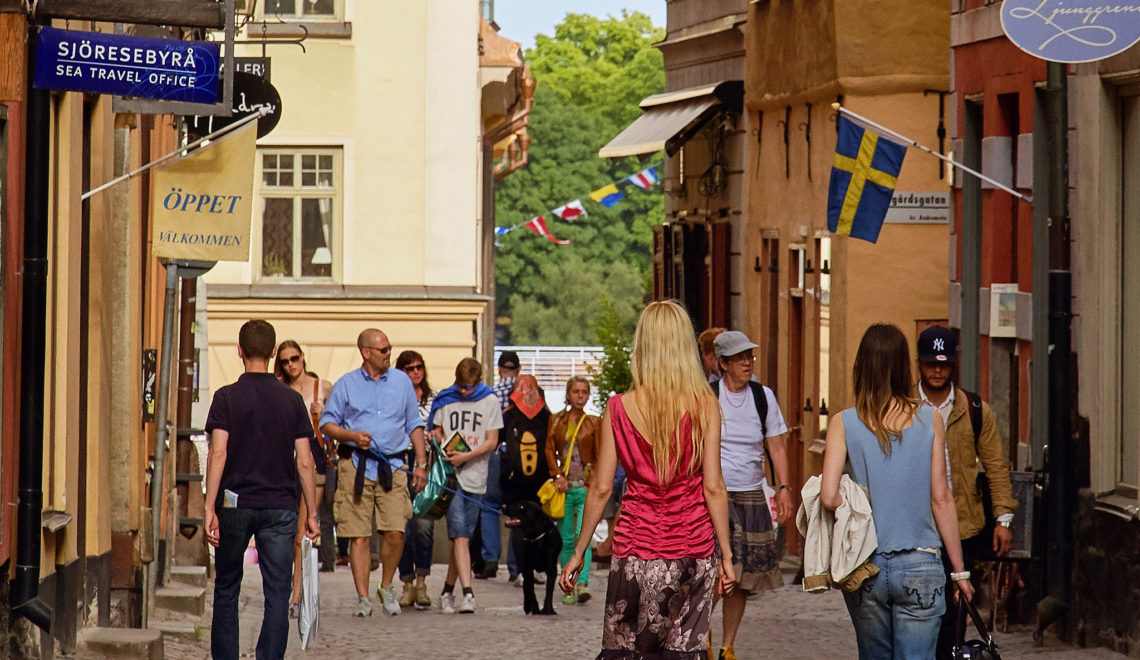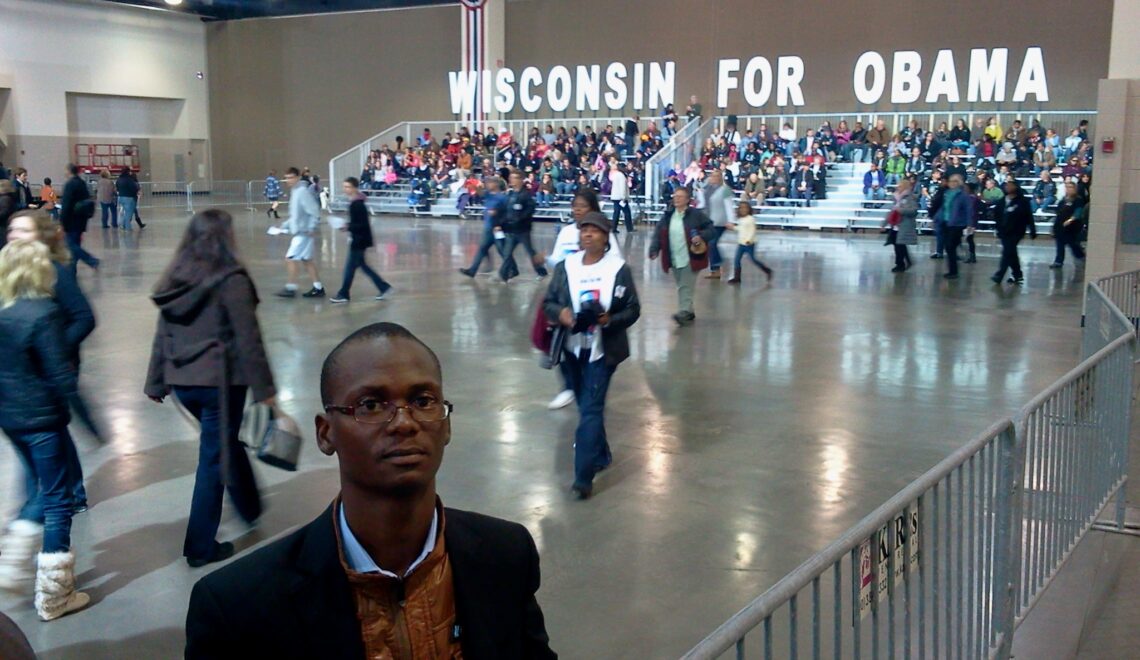
Hello Opemipo and Toluwanimi, my beloved children, let me begin in an environment you are more familiar with – America – because you have lived here for some years. At the time I made my first trip to America, you were still in Nigeria and even now that you live here, you have not had the advantage of going around the country as I have. So, I would like to tell you about my first impressions of this land of the free. I hope to be a dutiful guide to you.
The first time I set foot on American soil was in 2012. The trip was sponsored by The American Cancer Society (ACS). The organisation paid all my expenses for a conference on cancer control. I remember it was summer, and we were in New York. I remember I remarked it felt like I was in Lagos because the weather was friendly. It was a hectic programme, so I had little time to explore.
Months later, however, the American Embassy selected me as part of a team of journalists from Africa to cover the 2012 presidential election. Hurricane Sandy almost aborted this trip, but we finally made it to this great land that I have since found should be referred to as the ‘United Countries of America’ because of its vastness. I mean, a country having 50 states with a total land mass of 9.834 million km² ought to be regarded as a continent in its own right.
Anyway, let me tell you about the day Barack Obama clinched his second term in office. That day, the polls opened at Chicago’s fifty polling precincts at 7am Eastern Time (2pm in Nigeria) on November 6, 2012. The chairman of the Chicago Board of Election, Mr Langdon Neal, and the Board’s Communication Director, Mr Jim Allen, had informed us that the polling booths would be sited in spacious open areas like gymnasia, church lobbies and even bars. This announcement had come at a briefing at the ballroom of the Hyatt Regency Hotel, Chicago. We had been told that access to the polling places would only be possible if a form signed by Mr Langdon was filled out and shown to electoral judges upon request. The forms had been made available to foreign observers who besieged the United States from all corners of the globe. Each observer had gotten as many as ten forms. We were to fill out a form for every polling unit we visited. I had joined a team of journalists from Nigeria and other West African countries who travelled to observe the US elections on the purse of the US embassies in our countries. It was meant to expose us to electoral best practices. And we saw so much that made us feel Nigeria and the rest of Sub-Saharan Africa was not really ready for democracy.
In America, people queued and voted in an orderly way. There was no monetary inducement. And there was no closure of the economy on election day; businesses were still open. Borders were not closed, either. It was so much different to what was obtained in Nigeria. As a reporter, I had seen violence erupt on election days in different parts of the country. I had seen politicians and their cronies sharing money to influence voters. This orderliness in America was a contrast to what I had seen back home.
Now, November 6, 2012, the election day, began for me around 4am Eastern time. Perhaps it was because my body had yet to adapt to the change in time zone (it was 11am back home), or I was just driven by my duty to file reports for The Nation Newspaper’s Special Reports Section.
After completing my morning routines and joining other correspondents, our hosts, Andy Strike and Jaclyn Cole Adkin, who worked for the Foreign Press Centre of the US Department of State, briefed us on our schedule for the day. Our first point of call was a polling centre inside the gymnasium of Shoesmith School on 1330 E 50 Street, Chicago. We chose to go there because it was where President Barack Obama cast his ballot in 2008. We would have encountered him there, but for the American system which allowed him to vote earlier than others. He was one of the millions of Democrats who had voted long before the election day itself.
At the polling centre, not far from the legendary Mohammed Ali’s home, I saw a different and advanced system compared to what I had known. Voting took an average of ten minutes per person; because apart from the presidential election, other votes were also being cast that day. In different states of the United States, elections were going on for the Senate, House of Representatives and some local positions, like Mayoral elections.
To me and some of my colleagues from West Africa, the voting system seemed organised and comfortable. However, some voters complained that they still had to manually mark a paper. They wanted everything to be digitalised, as was the case in some other states in the country. They wondered why the early voting was fully electronic, while the main election was a mix of manual and digital voting. But we were simply there to observe and not to supply answers. To my Nigerian mind, their complaints were like almost having it all and still craving perfection. As far as I was concerned, they should be thankful that their democracy works. I wished we had something close to what they were complaining about.
The day before, Mr Langdon had told reporters that the Election Board chose the hybrid system in order to have a backup in case the electronic system failed. Also, it helped to have physical evidence in case the results were disputed. At that time, Nigeria’s system of voting was entirely manual; it allowed the ‘real owners of Nigeria’ to select people into offices. Results were brazenly written and votes didn’t count.
After making the rounds of polling places, it was time to get to the Election Night Party organised by the Obama for Africa Group at McCormack Place, Chicago. Getting into this vast premises was not easy. Thanks to Andy and Jacklin, we had credentials to go in after we were frisked. Our electronic devices and bags were physically searched. We had to go under a metal detector, and dogs were around to sniff out any hidden weapons. It was about 4.30pm Eastern time when we got into the workstations provided for the media. But frustration awaited us when we discovered that the wireless internet access we were promised was almost non-existent. I was sad that I would not be able to file a report on the winner of the historic election for my paper’s front page. I was also sad that a Skype appearance at a live programme on the election organised by the US Consulate in Lagos would not be possible. We eventually settled for a phone format – but that also had to be abandoned because of bad reception. At that point, Jaclyn offered us her phone’s hotspot, which our colleague from Togo, Silvio Combey, used for a Skype appearance with the US embassy in Lome. However, the hotspot chose to fail when it was our turn.
As the hours began to roll by and poll results started coming in, my anxiety began to mount. I spoke with my boss on the phone, telling him the total results might not be ready. I was told the management had decided that the Wednesday paper must show a clear direction of who would lead the US for the next four years. He said the editors were willing to wait till 5am (Wednesday) Nigerian time, which was 10pm Eastern time.
Luck ran my way some minutes before Obama made it past the required two hundred and seventy electoral college votes. A colleague from Ghana, Israel Laryea, who was able to get very slow internet access, offered me his computer to work with. I was elated that I would be able to send my story just in the nick of time. When I called my boss, Mr Niyi Adesina, to let him know that I had sent my story in, he didn’t let me finish. He was screaming that Barack Obama had been declared the winner on CNN. When he calmed down a little, I told him proudly, ‘I have sent the story, sir.’
Now, the elections were over. But there were acceptance and concession speeches to be given. I waited eagerly for Mitt Romney to concede and for Obama to make his acceptance speech. We soon got word from the Obama for America Campaign that Barack Obama was on his way to McCormick Place to accept his re-election.
When Barack Obama walked into the cavernous hall at McCormick Place, the whole hall erupted in loud cheers. Dressed in a black suit and blue tie, the president waited for the crowd to quiet down, hugged his wife and daughters, stepped to the podium and smiled. His supporters had been waiting for him to make his acceptance speech. He ascended the podium at 12:35 am as Stevie Wonder’s ‘Signed, Sealed, Delivered (I’m Yours)’ played over the speakers. I saw people around me hugging. There were tears in some people’s eyes; one of those who shed tears of joy was Hollywood actress Vivica Fox. My head appeared to swell more than its size. I was elated to be part of this historic moment, and it was one of those moments I was proud that I chose journalism, or that journalism chose me.
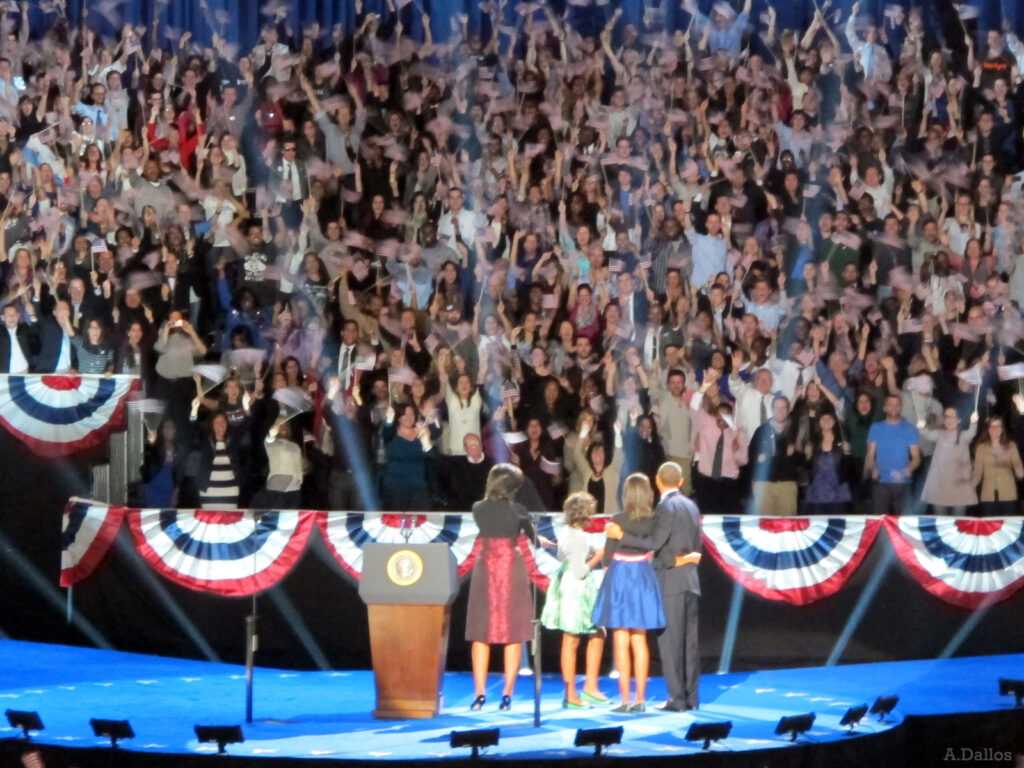
There were television screens all over the hall beaming the collation of the results. We all watched with rapt attention and as Obama wrapped up victories in several key states, the song ‘How Do You Like Me Now?’ blared over the McCormick Centre loudspeaker. Then the crowd began to dance and sway to the Beatles ‘Twist and Shout.’ The swarm of people swayed, holding flags aloft and watching themselves as television networks aired their images on giant screens. Because I have ‘two left legs’, I could not join in the dance, but my heart swayed at the turn of events, at the history unfolding before me, at the privilege to witness it and at the honour to capture it in words and in pictures.
Before he made his way to the podium, President Barack Obama had sent an email to his supporters telling them they made it happen and that he was on his way to address them. He said: ‘I’m about to speak to the crowd here in Chicago, but I wanted to thank you first.
I want you to know that this wasn’t fate, and it wasn’t an accident. You made this happen.
You organised yourselves block by block. You took ownership of this campaign five and ten dollars at a time. And when it wasn’t easy, you pressed forward.
I will spend the rest of my presidency honouring your support and doing what I can to finish what we started. But I want you to take real pride, as I do, in how we got the chance in the first place. Today is the clearest proof yet that, against the odds, ordinary Americans can overcome powerful interests. There’s a lot more work to do. But for right now: Thank you.’
Reporters from media organisations from over thirty countries, including Nigeria, Senegal, Sierra Leone, Ghana, Ethiopia, Nicaragua, Brazil, Cambodia, Mexico and India, took whatever positions they could to get the best angle of it all. The venue’s parking area bore credence to the fact that history was being made. Outside, broadcasting vans and satellites of major news stations, such as CNN, BBC, Fox and so on, occupied most of the available space.
For close to thirty minutes that Obama spoke, he cut the image of a man who knew his opponent had almost humbled him. Four years earlier, Obama won a larger share of the popular vote than any Democrat since Lyndon Johnson in 1964. He had redrawn the electoral map, sweeping nearly all the battleground states – including Ohio and Florida – and winning some long-time Republican strongholds, such as Virginia. He won more white votes than John Kerry or Al Gore, the then two most recent Democratic nominees. He had experienced one of the most stunning rises in recent American political history, first emerging on the national political scene eight years earlier as a candidate for the US Senate.
He continued after their applause abated. ‘Tonight, in this election, you, the American people, reminded us that while our road has been hard, while our journey has been long, we have picked ourselves up, we have fought our way back, and we know in our hearts that for the United States of America the best is yet to come.’
He thanked every American who participated in the election by pounding the pavement or picking up the phone when canvassers called or holding an Obama or a Romney sign. Everyone, he said, including Mitt Romney and Paul Ryan, deserved congratulations for a hard-fought election.
‘We may have battled fiercely,’ he said, ‘but it’s only because we love this country deeply and care so strongly about its future. From George to Lenore to their son Mitt, the Romney family has chosen to give back to America through public service, and that is the legacy that we honour and applaud tonight. In the weeks ahead, I look forward to sitting down with Governor Romney to talk about where we can work together to move this country forward.’
When the speech ended, Obama was joined by his wife and children, and they hugged like one big, happy family. Joe Biden and his wife also came to the stage, and the two families exchanged hugs. Other dignitaries got on the stage, waving and clapping as fireworks went off.
And that was how it went, guys. We left the venue around 1.30am and waited for our driver in the cold morning. Witnessing all that was a thrilling experience. I was glad that I was there when Barack Obama made history. Obama’s reelection gave African-Americans more sense of belonging. For a long time, it looked like people of African descent would never smell it. Now, a man with a Kenyan father had been elected for a second term. American politics had changed and better years appeared ahead for people of colour. Above all, guys, my experience taught me that electioneering can be effortless, free and fair.
In my next dispatch, I will tell you about Janesville, Milwaukee, Washington, Madison and more about Chicago.
^This is an updated, two-part excerpt from United Countries of America and Other Travel Tales by Olukorede S Yishau, available on Amazon. The second part will be published on Friday.
Olukorede S Yishau is an award-winning and widely-travelled Nigerian journalist, novelist and short story writer. His first novel, In The Name of Our Father, was longlisted for the 2021 NLNG Prize for Literature and has been a subject of theses by undergraduate and postgraduate students in Nigerian universities. He has tutored young writers at workshops organised by the Young and Cerebral, and Lagos Comic Convention, amongst others. He has participated in book festivals such as the Lagos Book and Arts Festival, Kawe Book Festival and ProjectLit Ghana. He was one of the four Nigerians selected by the United States Mission in Nigeria for a creative writing programme at The University of Iowa in 2021. His work has appeared in publications such as Lagos Review and many more. He works with The Nation Newspaper as its United States Bureau Chief.
